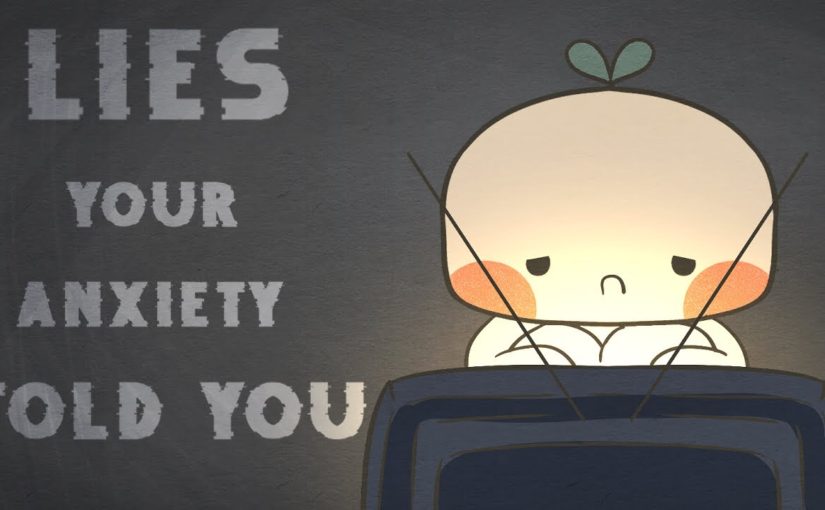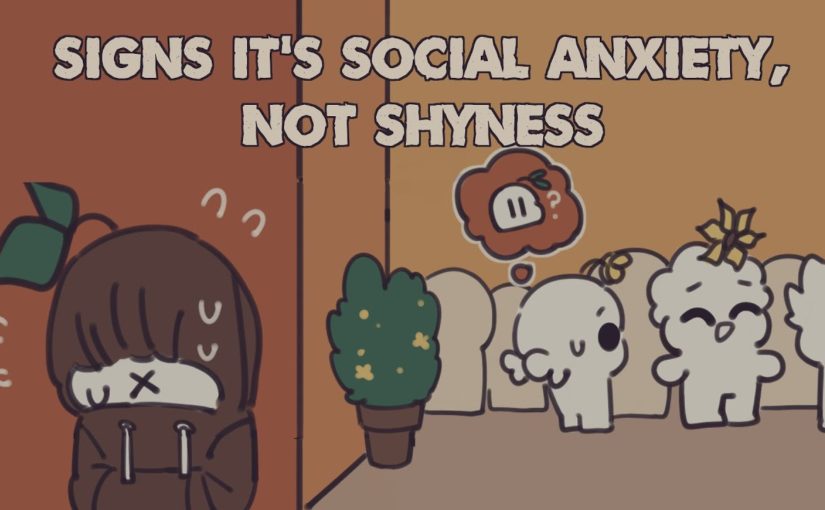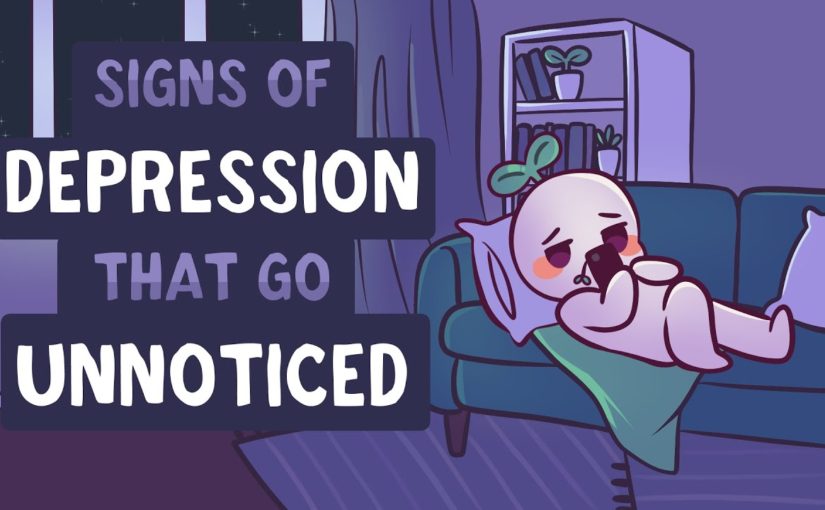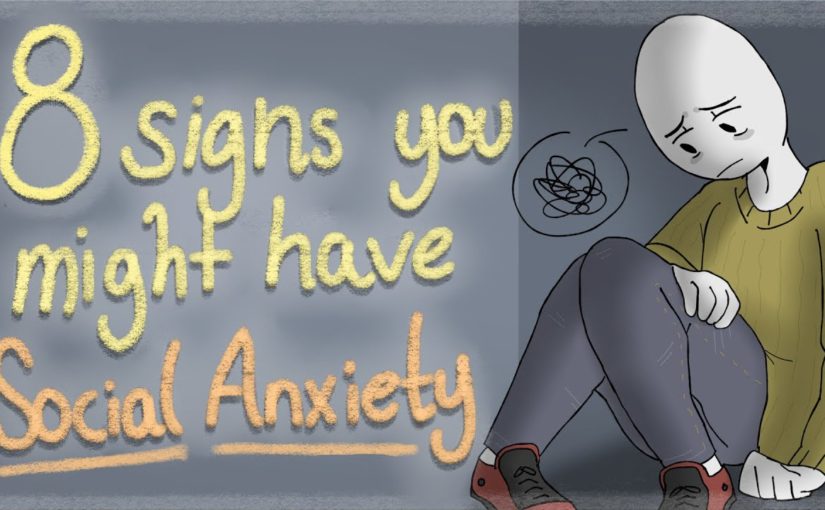– Hey Psych2Goers, welcome back. Think you've never
experienced anxiety before? Well, you might not have realized it because people experience
anxiety in different ways. Your idea of anxiety might not align with
how you experience it. And you may not notice anxiety in someone who grapples with it privately. So, it's important to
remember to always be kind because you can never know
what others are struggling with when they're alone. If you're dealing with anxiety, know that you're not alone
in facing these challenges. Anxiety is a normal part of life.
It alerts us to dangers
and helps us prepare for a wide variety of situations. But according to the Diagnostic and Statistical
Manual of Mental Disorders, DSM, anxiety becomes a disorder
when it starts to impact daily functioning and
different aspects of life. With that said, here are five things people with anxiety secretly do alone. Number one, overthink,
overthink, and overthink. Anxiety disorders are
characterized by excessive or disproportionate worry and fear that gets in the way of daily activities. It may not be as obvious to other people, but those who struggle with
anxiety tend to overthink while in the presence of
others and when alone. Many people who struggle with anxiety tend to dwell on negative thoughts about themselves and their past. They may replay these
past events in their head over and over, trying to think of what they
could have done differently.
And may also imagine
possible future events to try and anticipate
things that might go wrong. Two, confine themselves
to their comfort zone. Everyone feels anxious now and then, but those struggling
with an anxiety disorder constantly adjust their
lives to cater to it. They may stick to activities that calm their racing thoughts, or engage in pursuits that
allow them to avoid the things that make them feel anxious instead of choosing activities
purely for fun or interest. Like re-watching the
same shows over and over because they don't have to
feel anxious anticipating what might happen next. Some people may not even
be able to leave the house out of fear of being in
places and situations where escape may be difficult.

Or they may struggle to leave the house without a certain person
they're scared to lose. Three, withdraw from social interaction. Some people with anxiety may
have a limited social life and turn down invites, not
out of a lack of interest, but to stay home to calm
certain worries and fears. In some cases, the person
may seem uninterested in spending time with others due to a crippling fear of
feeling humiliated, rejected, or looked down on in social interactions. People with anxiety may withdraw socially to cope with their fears
and might avoid their phones or ignore or turn off their notifications to manage their feelings of anxiety, and then feel overwhelmed
and anxious later when they see the backlog of messages. Number four, procrastinate
or struggle to finish tasks. People with anxiety, especially
high functioning anxiety, may seem like completely
put together achievers, but they may also grapple
with getting their work done when they're alone, because anxious thoughts may
force them to procrastinate.
Anxiety also affects working memory, which makes it difficult
to focus long enough to complete tasks. And so, they may then have to rush to get things done on
time, adding extra stress. Then number five, tossing
and turning in bed. Having anxiety doesn't
immediately translate to nervous, jittery energy that
others can easily detect. Someone with anxiety can
seem calm and rested, when in reality, they might be
tossing and turning at night, unable to fall asleep because
of their anxious thoughts. If they do manage to get some sleep, they might be restless or
riddled with nightmares about their anxieties. For example, those with
separation anxiety disorder may have nightmares about being separated from their loved ones. Anxiety disorders are complex and varied, but remember that a certain
level of anxiety is normal and anxiety disorders are those that cause significant distress or impairment in different areas of life.
If you or anyone you know, are struggling with an anxiety disorder, please don't hesitate to
reach out to a qualified mental health care provider. Can you relate to any of these signs? Share with us in the comments and remember to like and share this video with someone who might benefit too. As always the references and studies used are listed in the description below. Until next time, take care friends..
As found on YouTubeAnimated Video Maker – Create Amazing Explainer Videos | VidToon™ #1 Top Video Animation Software To Make Explainer, Marketing, Animated Videos Online It’s EASIER, PRODUCTIVE, FASTER Get Commercial Rights INCLUDED when you act NOW Get Vidtoon™
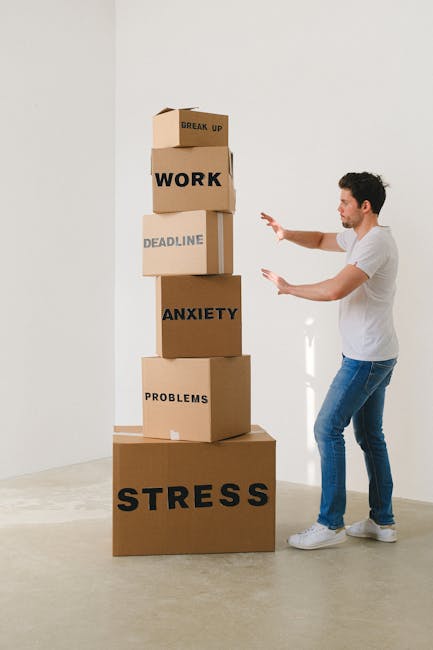 We think that realizing the connection between
exercise and panic attacks can be very helpful not only because of the reasons above. But the reason is that exercise allows you
to be in a controlled situation where are increasing your pulse. This demonstrates that you can deal with an
increased pulse – an increased pulse, as you are no doubt aware, is often one of the
concerns the sufferer has during a panic attack. I would like to mention a study completed
at Charite University Medicine in Berlin. This study found that 50% of subjects who
completed 30 minutes of daily aerobic exercise were able to avoid having a panic attack in
the experiment. Researchers wrote: “Our results for the
first time suggest that exercise has an acute anti panic activity.” Pretty good evidence for a correlation between
exercise and panic attacks. So what’s cool: The energy that one
might have invested in their anxiety, in the past, can be redirected to their well-being
through exercise. This realization in itself can make one feel
better. Be sure to
subscribe to our channel and like our videos if they are helpful to you. Please feel free to share our videos with
others who may benefit from them. Your communication is important to us. If you have any questions or comments, please
feel free to leave them in the in comments below. To get started with more help you can join
our free newsletter at: PanicAttackRecovery.com.As found on YouTubeThis solution reverses kidney disease! Guaranteed to be effective or your money back: Beat kidney disease. Just by following a simple treatment plan, you can reverse kidney disease. No matter how old you are! Just listen to what people who have tried this solution have to say. “Thank God I came across your solution by accident! Dad’s kidney function decreased from 36% to 73% in just two months. He’s 90 years old! His doctor said people his age shouldn’t have kidneys that efficient!” Graeme Asham, QLD, Australia, And this… “No more dizzy spells! My creatinine has gone down from a staggering 1800 to 1100. My blood count has greatly improved and I’ve been taken off my blood pressure medication. Your solution works! ” Joe Taliana, 55, Malta Simply follow the scientifically backed solution and restore your kidneys, fast! => This solution reverses kidney disease! ← https://www.facebook.com/100000332115031/videos/590895892954739/ яαℓρн ℓєαмαи
We think that realizing the connection between
exercise and panic attacks can be very helpful not only because of the reasons above. But the reason is that exercise allows you
to be in a controlled situation where are increasing your pulse. This demonstrates that you can deal with an
increased pulse – an increased pulse, as you are no doubt aware, is often one of the
concerns the sufferer has during a panic attack. I would like to mention a study completed
at Charite University Medicine in Berlin. This study found that 50% of subjects who
completed 30 minutes of daily aerobic exercise were able to avoid having a panic attack in
the experiment. Researchers wrote: “Our results for the
first time suggest that exercise has an acute anti panic activity.” Pretty good evidence for a correlation between
exercise and panic attacks. So what’s cool: The energy that one
might have invested in their anxiety, in the past, can be redirected to their well-being
through exercise. This realization in itself can make one feel
better. Be sure to
subscribe to our channel and like our videos if they are helpful to you. Please feel free to share our videos with
others who may benefit from them. Your communication is important to us. If you have any questions or comments, please
feel free to leave them in the in comments below. To get started with more help you can join
our free newsletter at: PanicAttackRecovery.com.As found on YouTubeThis solution reverses kidney disease! Guaranteed to be effective or your money back: Beat kidney disease. Just by following a simple treatment plan, you can reverse kidney disease. No matter how old you are! Just listen to what people who have tried this solution have to say. “Thank God I came across your solution by accident! Dad’s kidney function decreased from 36% to 73% in just two months. He’s 90 years old! His doctor said people his age shouldn’t have kidneys that efficient!” Graeme Asham, QLD, Australia, And this… “No more dizzy spells! My creatinine has gone down from a staggering 1800 to 1100. My blood count has greatly improved and I’ve been taken off my blood pressure medication. Your solution works! ” Joe Taliana, 55, Malta Simply follow the scientifically backed solution and restore your kidneys, fast! => This solution reverses kidney disease! ← https://www.facebook.com/100000332115031/videos/590895892954739/ яαℓρн ℓєαмαи We think that realizing the connection between
exercise and panic attacks can be very helpful not only because of the reasons above. But the reason is that exercise allows you
to be in a controlled situation where are increasing your pulse. This demonstrates that you can deal with an
increased pulse – an increased pulse, as you are no doubt aware, is often one of the
concerns the sufferer has during a panic attack. I would like to mention a study completed
at Charite University Medicine in Berlin. This study found that 50% of subjects who
completed 30 minutes of daily aerobic exercise were able to avoid having a panic attack in
the experiment. Researchers wrote: “Our results for the
first time suggest that exercise has an acute anti panic activity.” Pretty good evidence for a correlation between
exercise and panic attacks. So what’s cool: The energy that one
might have invested in their anxiety, in the past, can be redirected to their well-being
through exercise. This realization in itself can make one feel
better. Be sure to
subscribe to our channel and like our videos if they are helpful to you. Please feel free to share our videos with
others who may benefit from them. Your communication is important to us. If you have any questions or comments, please
feel free to leave them in the in comments below. To get started with more help you can join
our free newsletter at: PanicAttackRecovery.com.As found on YouTubeThis solution reverses kidney disease! Guaranteed to be effective or your money back: Beat kidney disease. Just by following a simple treatment plan, you can reverse kidney disease. No matter how old you are! Just listen to what people who have tried this solution have to say. “Thank God I came across your solution by accident! Dad’s kidney function decreased from 36% to 73% in just two months. He’s 90 years old! His doctor said people his age shouldn’t have kidneys that efficient!” Graeme Asham, QLD, Australia, And this… “No more dizzy spells! My creatinine has gone down from a staggering 1800 to 1100. My blood count has greatly improved and I’ve been taken off my blood pressure medication. Your solution works! ” Joe Taliana, 55, Malta Simply follow the scientifically backed solution and restore your kidneys, fast! => This solution reverses kidney disease! ← https://www.facebook.com/100000332115031/videos/590895892954739/ яαℓρн ℓєαмαи
We think that realizing the connection between
exercise and panic attacks can be very helpful not only because of the reasons above. But the reason is that exercise allows you
to be in a controlled situation where are increasing your pulse. This demonstrates that you can deal with an
increased pulse – an increased pulse, as you are no doubt aware, is often one of the
concerns the sufferer has during a panic attack. I would like to mention a study completed
at Charite University Medicine in Berlin. This study found that 50% of subjects who
completed 30 minutes of daily aerobic exercise were able to avoid having a panic attack in
the experiment. Researchers wrote: “Our results for the
first time suggest that exercise has an acute anti panic activity.” Pretty good evidence for a correlation between
exercise and panic attacks. So what’s cool: The energy that one
might have invested in their anxiety, in the past, can be redirected to their well-being
through exercise. This realization in itself can make one feel
better. Be sure to
subscribe to our channel and like our videos if they are helpful to you. Please feel free to share our videos with
others who may benefit from them. Your communication is important to us. If you have any questions or comments, please
feel free to leave them in the in comments below. To get started with more help you can join
our free newsletter at: PanicAttackRecovery.com.As found on YouTubeThis solution reverses kidney disease! Guaranteed to be effective or your money back: Beat kidney disease. Just by following a simple treatment plan, you can reverse kidney disease. No matter how old you are! Just listen to what people who have tried this solution have to say. “Thank God I came across your solution by accident! Dad’s kidney function decreased from 36% to 73% in just two months. He’s 90 years old! His doctor said people his age shouldn’t have kidneys that efficient!” Graeme Asham, QLD, Australia, And this… “No more dizzy spells! My creatinine has gone down from a staggering 1800 to 1100. My blood count has greatly improved and I’ve been taken off my blood pressure medication. Your solution works! ” Joe Taliana, 55, Malta Simply follow the scientifically backed solution and restore your kidneys, fast! => This solution reverses kidney disease! ← https://www.facebook.com/100000332115031/videos/590895892954739/ яαℓρн ℓєαмαи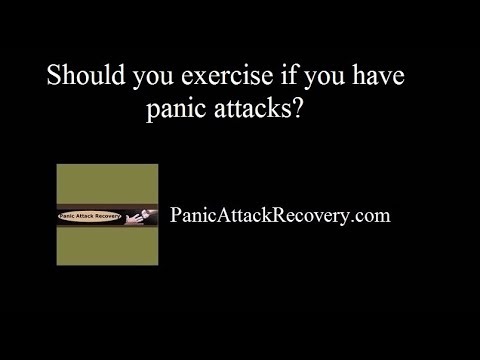

 By practicing this suggestion over time you
will get better at it. Often anxiety sufferers can be helped by learning
how to be gracefully assertive in their relations with others. By learning polite assertiveness, you can
decrease your anxiety across several situations. We hope that you have enjoyed this video. To get more help with your anxiety, and obtain instant access to the 5 steps to
recovery from panic attacks and agoraphobia, just visit our website and provide your email
address. All of our information is free. Please visit our website at
By practicing this suggestion over time you
will get better at it. Often anxiety sufferers can be helped by learning
how to be gracefully assertive in their relations with others. By learning polite assertiveness, you can
decrease your anxiety across several situations. We hope that you have enjoyed this video. To get more help with your anxiety, and obtain instant access to the 5 steps to
recovery from panic attacks and agoraphobia, just visit our website and provide your email
address. All of our information is free. Please visit our website at 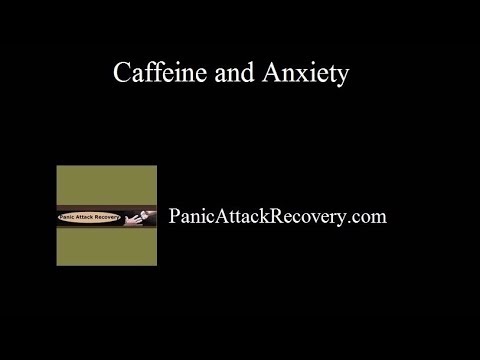
 Withdrawal symptoms have been reported, such as headache, irritability, sleeplessness, confusion, nausea, restlessness, tremor palpitations, and raised blood pressure. You might be asking how to kick the caffeine habit or reduce the amount of coffee you consume. We would suggest you may want to think about two things. 1 Become aware of all your sources of caffeine by taking an inventory of all of your caffeine levels and 2. Consider substituting green tea in place of all or some of your daily coffee. Why green tea? Although green tea, has some caffeine? It s not nearly as much as coffee As mentioned, while a brewed 8 oz cup of coffee can have about 95 200 mg of caffeine. Green tea has about 14 40 mg of caffeine. Only In addition to subscribing to our YouTube channel, you can visit our website and Sign up for our free email newsletter, Obtain a range of articles about panic, attacks, anxiety, and agoraphobia, and Follow us on Twitter and Facebook. By taking advantage of these options, you can be assured that you will not be missing out on any of our resources. Please visit our website at
Withdrawal symptoms have been reported, such as headache, irritability, sleeplessness, confusion, nausea, restlessness, tremor palpitations, and raised blood pressure. You might be asking how to kick the caffeine habit or reduce the amount of coffee you consume. We would suggest you may want to think about two things. 1 Become aware of all your sources of caffeine by taking an inventory of all of your caffeine levels and 2. Consider substituting green tea in place of all or some of your daily coffee. Why green tea? Although green tea, has some caffeine? It s not nearly as much as coffee As mentioned, while a brewed 8 oz cup of coffee can have about 95 200 mg of caffeine. Green tea has about 14 40 mg of caffeine. Only In addition to subscribing to our YouTube channel, you can visit our website and Sign up for our free email newsletter, Obtain a range of articles about panic, attacks, anxiety, and agoraphobia, and Follow us on Twitter and Facebook. By taking advantage of these options, you can be assured that you will not be missing out on any of our resources. Please visit our website at 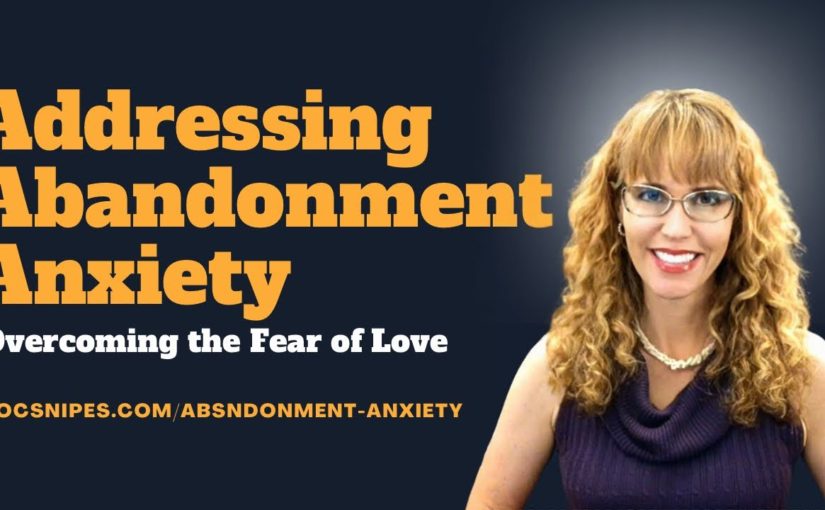
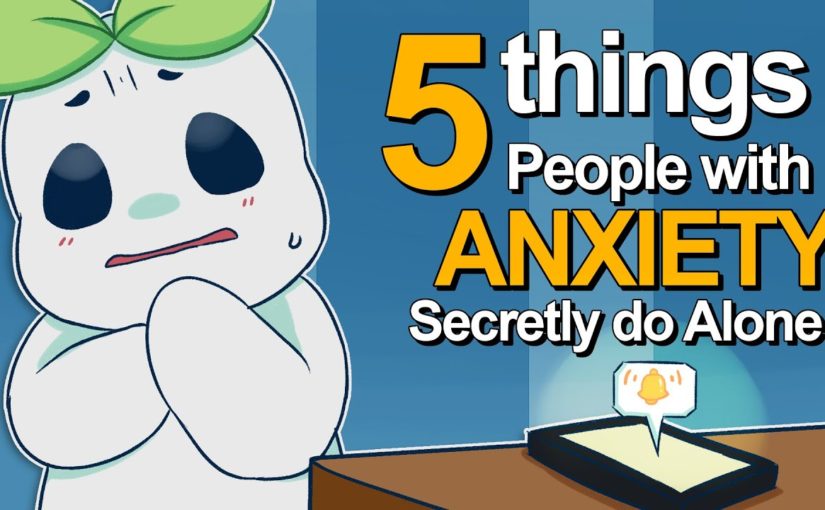

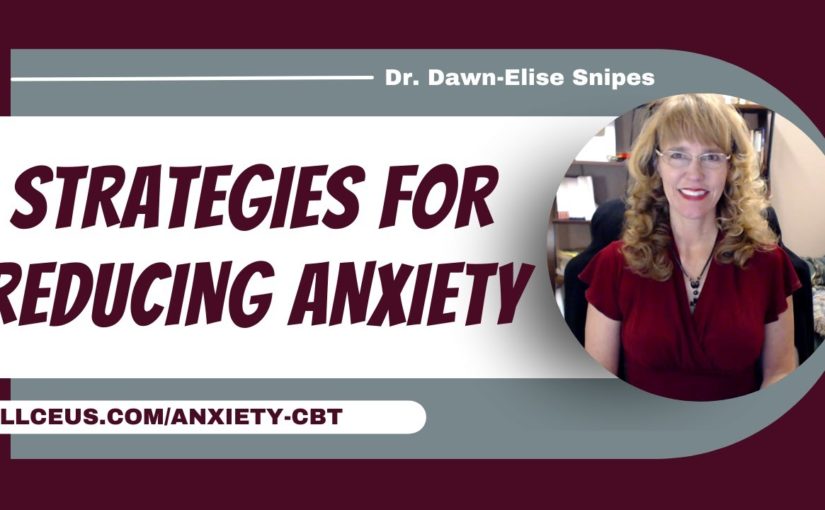
 Snipes by subscribing
at all CEUs comm slash counselor toolbox, this episode has been brought to you in part by all
CEUs calmly provide 24/7 multimedia continuing education and pre-certification training to
counselors therapists and nurses since 2006 have used coupon code consular toolbox to get
a 20% discount on your order this month.
Snipes by subscribing
at all CEUs comm slash counselor toolbox, this episode has been brought to you in part by all
CEUs calmly provide 24/7 multimedia continuing education and pre-certification training to
counselors therapists and nurses since 2006 have used coupon code consular toolbox to get
a 20% discount on your order this month.